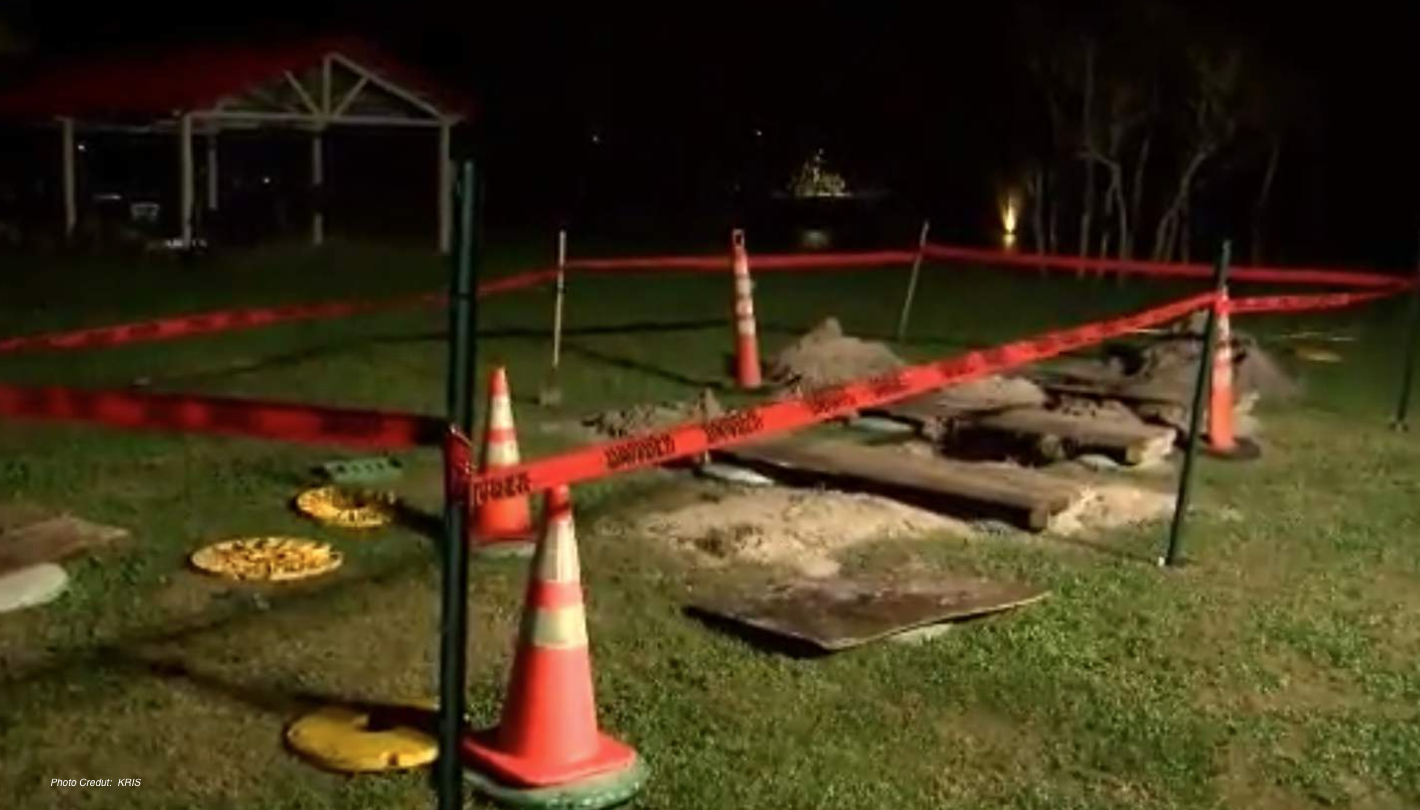 Texas’ year-round warm climate combined with vast open spaces make the state home to an array of theme parks, amusement parks, and outdoor recreational parks. While these locations are a great place for couples and families to spend a day together, they also pose many risks to park-goers and employees. While serious injuries at a Texas amusement park are uncommon, they occur and can result in lifelong consequences.
Texas’ year-round warm climate combined with vast open spaces make the state home to an array of theme parks, amusement parks, and outdoor recreational parks. While these locations are a great place for couples and families to spend a day together, they also pose many risks to park-goers and employees. While serious injuries at a Texas amusement park are uncommon, they occur and can result in lifelong consequences.
For example, The New York Times recently reported on chemical exposure at a Texas amusement park. In late July, 26 people suffered exposure to bleach and sulfuric acid at a Six Flags amusement park. Park officials became aware of the incident when nearly 60 people began experiencing burning and breathing problems while in the shallow end of a children’s pool. Authorities evacuated the park and had the affected individuals wash their eyes under the fire truck’s hose. However, nearly half of the individuals were taken to the hospital, and one person remains in critical condition.
The children’s pool should maintain a pH balance of 7. However, testing revealed that the pool contained a combination of 35 percent sulfuric acid and approximately 12 percent bleach. While investigators do not believe the contamination was intentional, they are unsure how the event occurred. The chemicals found in the pool are the typical chemicals that the park uses every day to clean and sanitize the pool. However, they are investigating the system that injects the chemicals to determine whether the system malfunctioned. Safety logs indicated that safety officials inspected the park about three weeks before the incident. A County Judge closed down the park until the investigation is complete. Further, the Judge indicated that the park should have been recording the pH balance levels; however, they have yet to discover whether that log exists.
 Texas Injury Lawyers Blog
Texas Injury Lawyers Blog


 May 9, 2021: KILGORE, Texas (KETK) – An East Texas toddler who was fighting for his life
May 9, 2021: KILGORE, Texas (KETK) – An East Texas toddler who was fighting for his life  April 2021: Playa del Carmen, Q.R. Mexico— A criminal investigation into the death of a 13-year-old boy at an Xcaret water park has been opened. In a press release, the Attorney General of the Mexican state made the announcement after it was notified of the death of the child via a private hospital.
April 2021: Playa del Carmen, Q.R. Mexico— A criminal investigation into the death of a 13-year-old boy at an Xcaret water park has been opened. In a press release, the Attorney General of the Mexican state made the announcement after it was notified of the death of the child via a private hospital. KNOW THE SIGNS OF DROWNING
KNOW THE SIGNS OF DROWNING Monday, June 15, 2020: SAN ANTONIO, Texas – The American Academy of Pediatrics has warned that drownings could be on the rise this summer. Unfortunately, a 4-year-old girl,
Monday, June 15, 2020: SAN ANTONIO, Texas – The American Academy of Pediatrics has warned that drownings could be on the rise this summer. Unfortunately, a 4-year-old girl, 

